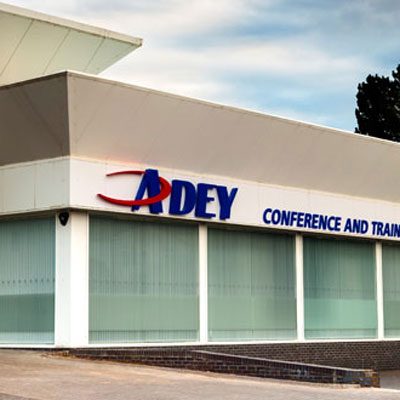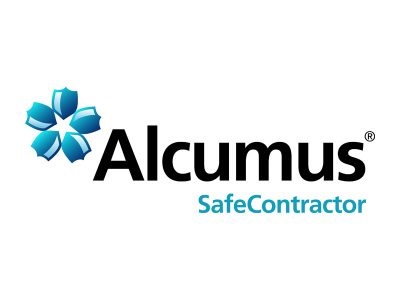Amey is set to lose a lucrative maintenance contract with London Underground after a 13 year stint, as the work will now be brought back in house. Sadiq Khan, Mayor of London, expressed his pride that Transport for London (TfL) was bringing underground maintenance work back into the public sector. The TfL board explained that it will now manage maintenance work on the Piccadilly, Northern and Jubilee lines through its own in house management team. The board is expecting to save £80 million over the next decade thanks to the switch back in house. Amey, a Spanish owned firm, has been contracted to manage maintenance work across the three lines since 2003, as part of the legacy of the public private partnership (PPP) contract that used to exist between London Underground and the Tube Lines. However, at the end of next year this arrangement will come to an end, which is the earliest possible point allowed by the existing contract. This contract covers 2,395 bridges and structures, 200 miles of track, 100 stations, 251 trains, 227 escalators and 71 lifts. TfL said that London Underground is already experiences in managing operations in house after the demise of Metronet in 2007. Since then, the organisations claims that performance has improved and costs have been cut in comparison with the PPP era, while reliability has improved by 38% in the last five years. Mark Wild, Managing Director of London Underground, commented: “We are carrying out a root-and-branch review of our business to cost less and make transport in London more affordable for our customers. “As part of this, we are using our in-house maintenance expertise to save tens of millions of pounds. There will be no impact on our extremely high standards of maintenance and we will be working closely with Amey over the next 18 months to ensure a smooth transition.” Meanwhile, Mayor Khan added that he was proud to announce that TfL will bring underground maintenance work back in-house.







